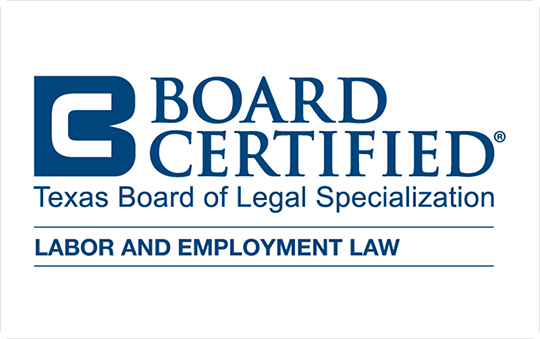Trustee’s and Executor’s Responsibilities: A Higher Calling
A Trustee or an Executor must perform their duties to a high standard because they are a fiduciary. This means they must perform their duties for the trust or the estate better than they would perform similar duties regarding their own money, assets, and real estate.
A trust is relationship between a Settlor, Trustee, and Beneficiary. This relationship is structured and controlled by a Trust Instrument and Texas Law. The Trustee holds legal title over the principal held in trust and makes critical decisions effecting others and the trust’s value. As a fiduciary, the Trustee has specific duties. The duties include loyalty, impartiality, and prudence as well as a duty to account, which includes sound recordkeeping, and a duty to administer in accordance with the Trust Agreement and state law. The filing and payment of taxes is the responsibility of a Trustee.
The Executor’s fiduciary duties are similar and as critical. Once the deceased person’s (Testator’s) will is probated, the Executor is required to gather the Testator’s assets and claims, protect them, pay the Testator’s debts, file the proper tax forms and pay the appropriate taxes, and make distributions to the Testator’s beneficiaries as directed by the will. The same duties of loyalty, impartiality, prudence, accounting, administration, preservation, and no self-dealing are faced by the Executor.
When selecting a Trustee for your trust or an Executor for your will, consider not only the selectee’s trustworthiness, but also the selectee’s capabilities to perform as a fiduciary. And when functioning as a Trustee or Executor, know and meet your fiduciary responsibilities. Contact Glavy Law with questions about a Trustee’s and Executor’s fiduciary responsibilities.
Glavy Law is here to help
Contact Glavy Law with questions about a Trustee’s and Executor’s fiduciary responsibilities.










